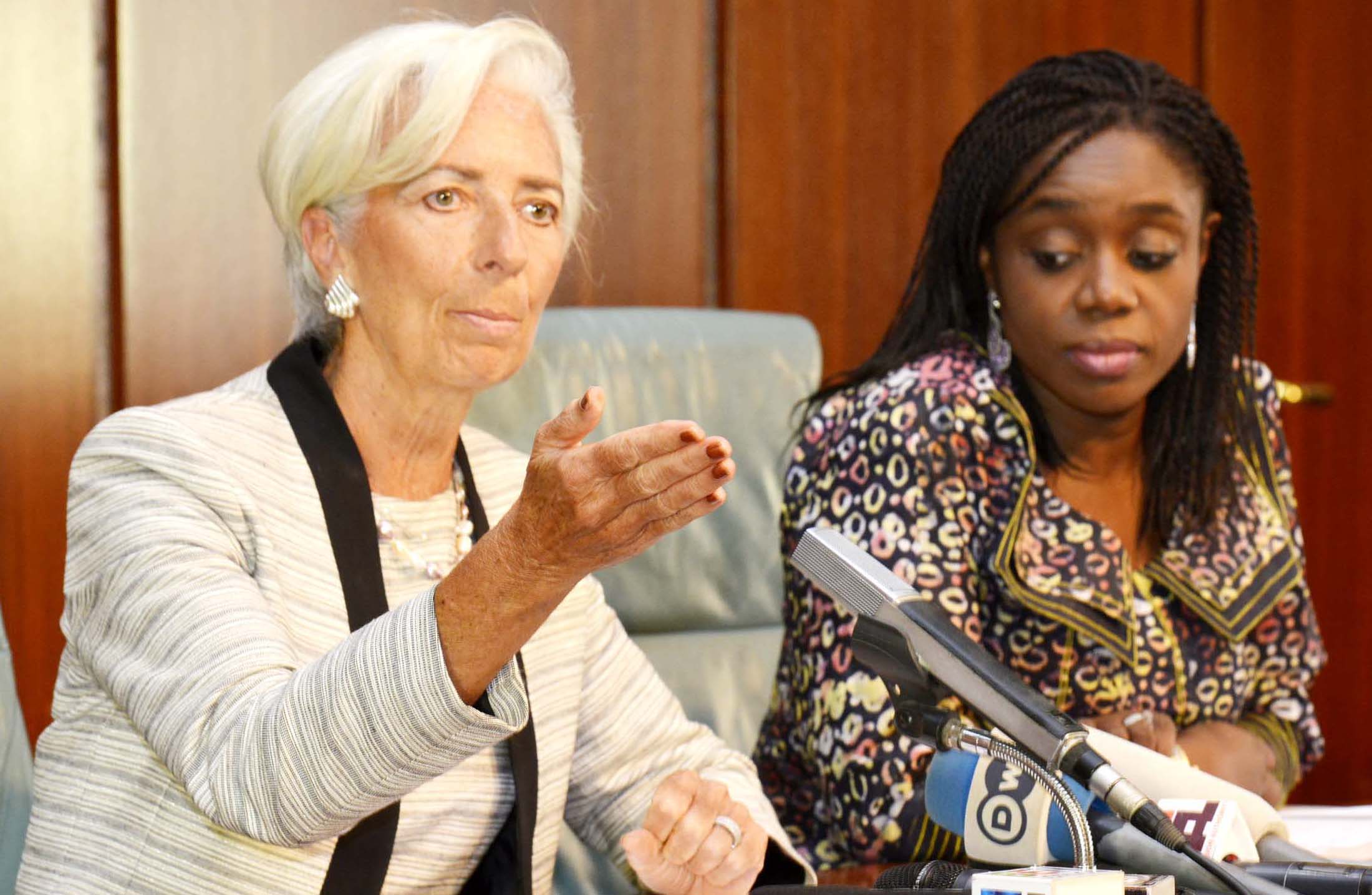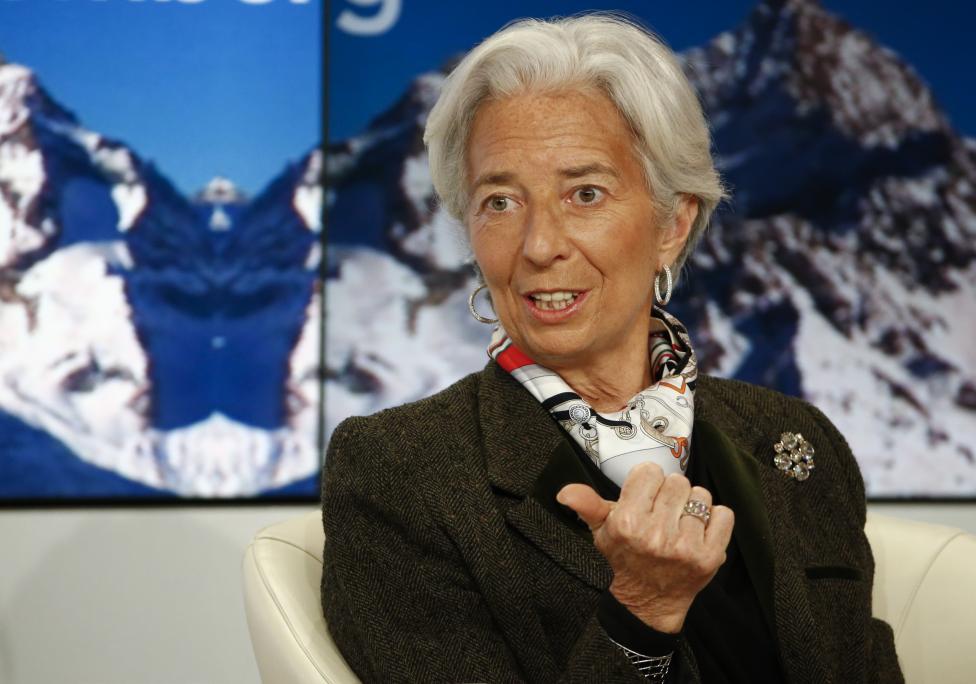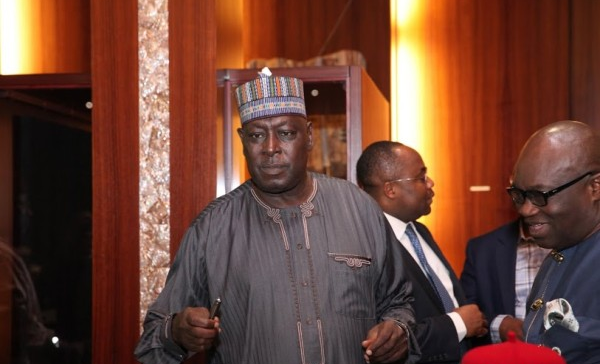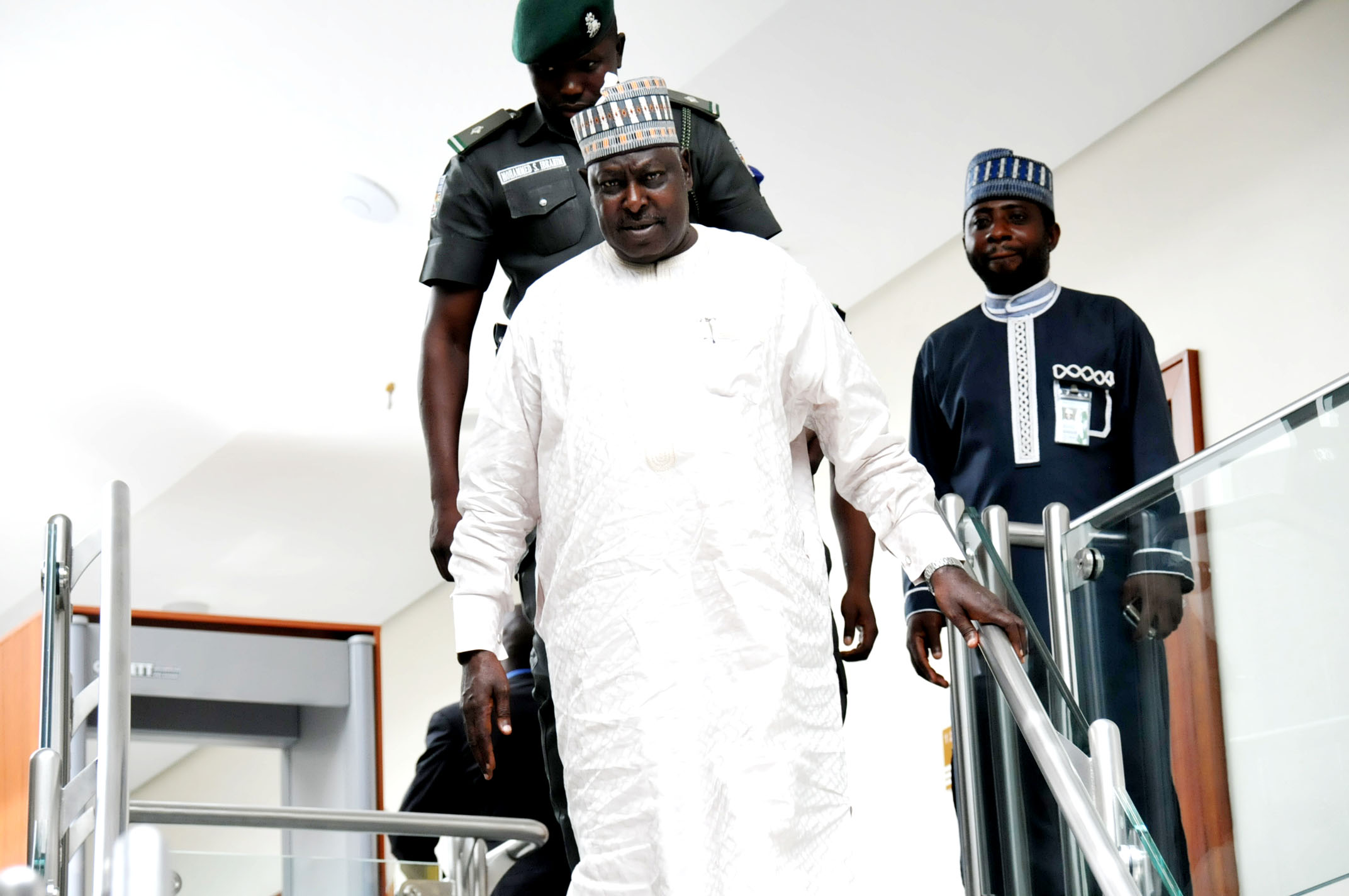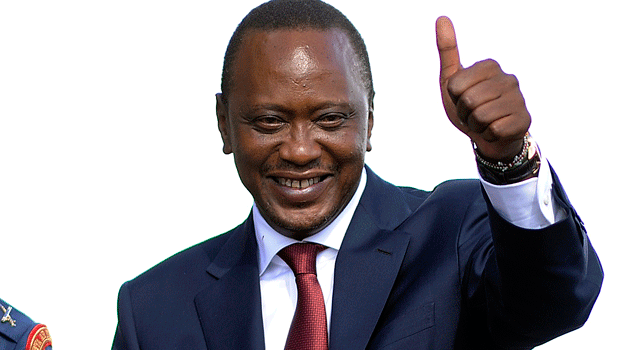The International Monetary Fund (IMF) says ongoing policy uncertainty in Nigeria is restraining economic growth.
The Bretton Woods institution made this known in its sub-Saharan African economic outlook report released on Monday in Zimbabwe.
“The board-based slowdown in sub-Saharan Africa is easing but the underlying situation remains difficult,” the report read.
“Growth is expected to pick up from 1.4% in 2016 to 2.6% in 2017 reflecting one-off factors – particularly, the rebound in Nigeria’s oil and agricultural production, the easing of drought conditions that impacted much of the eastern and southern Africa in 2016 and early 2017.
Advertisement
“A further pickup in growth to 3.4% is expected in 2018, but momentum is weak and growth will likely remain well below past trends in 2019. Ongoing policy uncertainty in Nigeria and South Africa continues to restrain growth in the region’s two largest economies.
“Excluding these two economies, the average growth rate in the region is expected to be 4.4% in 2017, rising to 5.1% in 2018-19.”
IMF also reiterated its concern about rising debt in countries saying the cost of debt servicing is becoming a burden.
Advertisement
“Public debt rose above 50% of GDP in 22 countries at end-2016. Debt servicing costs are becoming a burden, especially in oil-producing countries, and in Angola, Gabon and Nigeria are expected to absorb more than 60% of government revenues in 2017.”
According to the IMF, Nigeria is expected to contribute more than half of the added growth in 2017.
“With a good harvest and a recovery in oil production after the easing of tensions in the Niger Delta, Nigeria is expected to contribute more than half of the added growth.”
Advertisement
Add a comment

